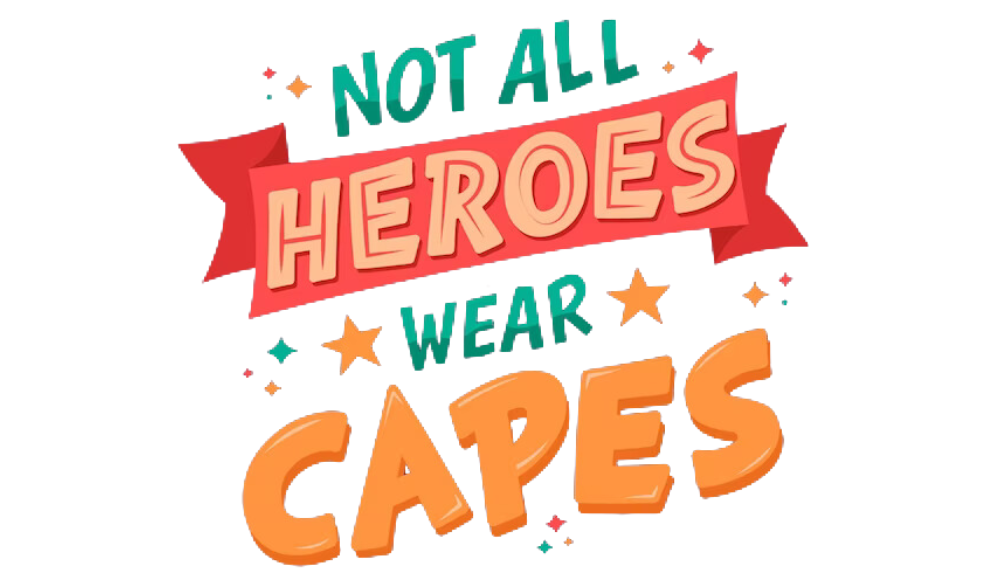Sarcasm is the use of words that express the opposite meaning, often used to show humor, criticism, or disbelief. When used effectively, it can transform dull conversations into amusing exchanges. In this piece, we’ll examine 30 instances of sarcasm that demonstrate how this clever speech technique adds flavor to our everyday interactions. I’ll make sure to correct any spelling, grammar, and punctuation errors.
Examples of sarcasm
The interesting examples of sarcasm are given below,
- “Oh, that’s just fantastic.” (sarcastically expressing frustration)
- “Wow, I’m absolutely thrilled for you.” (sarcastically showing lack of enthusiasm)
- “What a gorgeous day we’re having.” (sarcastically acknowledging bad weather)
- “You’re truly the greatest.” (sarcastically suggesting someone isn’t the best)
- “That idea is simply brilliant.” (sarcastically praising a less-than-brilliant idea)
- “Oh, I’m incredibly impressed.” (sarcastically feigning amazement)
- “You’re such a comedian.” (sarcastically commenting on someone’s lack of humor)
- “I’m so grateful you’re here.” (sarcastically indicating displeasure)
- “That’s incredibly helpful.” (sarcastically recognizing unhelpful assistance)
- “You’re a real genius.” (sarcastically implying someone isn’t very intelligent)
- “I feel so lucky to have you in my life.” (sarcastically suggesting the opposite)
- “I’m absolutely certain that’ll happen.” (sarcastically doubting the likelihood)
- “I’m really sorry.” (sarcastically showing insincerity)
- “I’m having a blast.” (sarcastically pretending to enjoy something)
- “That’s the sweetest thing anyone’s ever said.” (sarcastically responding to a mean comment)
- “I’m thrilled you asked.” (sarcastically indicating reluctance)
- “You’re definitely right.” (sarcastically implying the person is wrong)
- “Your intelligence is astounding.” (sarcastically praising someone’s lack of intelligence)
- “You’re an incredible person.” (sarcastically suggesting otherwise)
- “I’m so honored to be your friend.” (sarcastically downplaying the friendship)
- “I have no doubt you’ll do brilliantly.” (sarcastically doubting success)
- “Your help is a lifesaver.” (sarcastically implying the opposite)
- “Now that’s a fantastic idea.” (sarcastically commenting on a less-than-fantastic idea)
- “I’m deeply sorry to hear that.” (sarcastically expressing insincerity)
- “I’m so relieved you’re okay.” (sarcastically pretending to be relieved)
- “You’ll definitely find someone.” (sarcastically doubting the possibility)
- “I’m overjoyed about your new boyfriend.” (sarcastically hiding true feelings)
- “That dress is truly a work of art.” (sarcastically suggesting the dress isn’t beautiful)
- “You’re an excellent driver.” (sarcastically commenting on poor driving skills)
- “Having you as my boss is a dream come true.” (sarcastically downplaying job satisfaction)

Drawbacks of sarcasm
The drawbacks of sarcasm are given below,
- Sarcasm can easily lead to misunderstandings. If the recipient fails to comprehend that a comment is sarcastic, they may take it seriously and become offended.
- When used in a mean-spirited manner, sarcasm can be hurtful and cause damage to relationships, as it can make individuals feel bad about themselves.
- Frequent and excessive use of sarcasm can become tiresome and annoying, potentially leading to others feeling irritated or alienated.

Benefits of Sarcasm
The benefits of sarcasm are given below,
- Sarcasm can serve as a powerful tool for humor, allowing individuals to make light-hearted comments, poke fun at something or someone, or simply entertain others.
- Sarcasm can also enable individuals to express criticism or disbelief in a more subtle manner, compared to direct confrontation. This can be particularly useful in situations where one aims to avoid offending someone or starting an argument.
- Furthermore, sarcasm can help build rapport and camaraderie. When used playfully, sarcasm can indicate that individuals share the same wavelength and have a similar sense of humor.
The key to using sarcasm effectively is to make sure that the intended meaning is clear to the listener. This can be done by using a certain tone of voice, facial expressions, or body language. It is also important to be aware of the context in which you are using sarcasm. What might be funny in one situation could be offensive in another.

